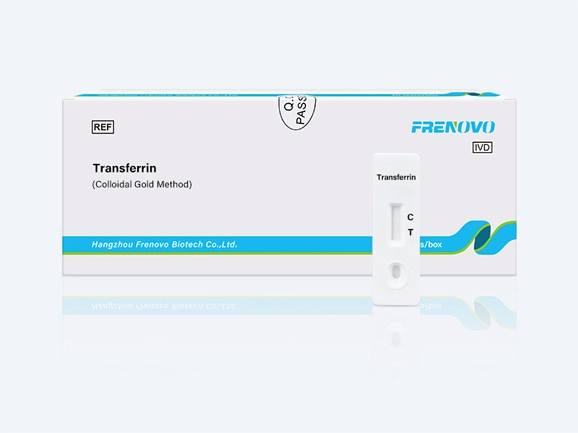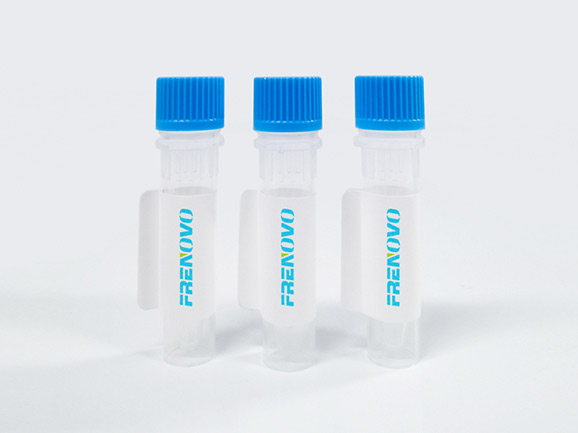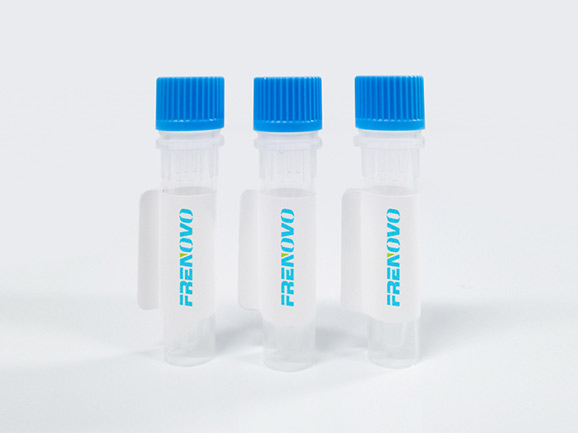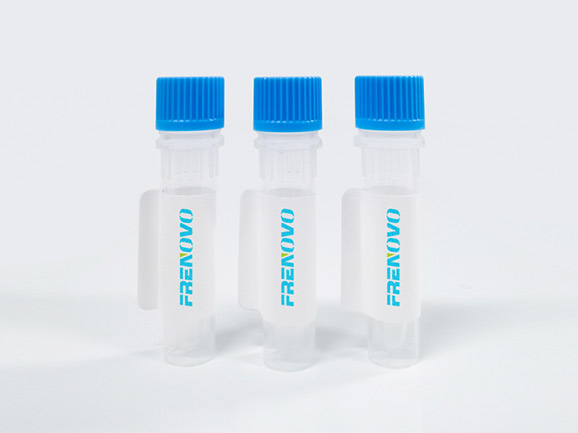Antibodies are immune proteins that play a critical role in host defense against infectious pathogens such as viruses, bacteria, and fungi. The immune function of these Y-shaped proteins depends on their ability to bind to antigens, which are molecules released or discovered by cells that can stimulate an immune response.
In addition to their role in host immunity, antibodies have been proven to be highly valuable in research and therapy. Due to differences in specificity and affinity, there are two main types of antibodies - polyclonal antibodies and monoclonal antibodies - which provide different methods for scientists to detect or quantify target antigens. In this article, we will describe polyclonal antibody and mAb monoclonal antibody in detail and consider how each type can be used in various applications.
Once the immune cells detect antigens in the host, the immune system undergoes a series of molecular events that induce stimulated B cells to produce polyclonal antibodies. Polyclonal antibody is made up of complementary sites on the molecule, i.e., the antigen-binding sites on the antibody "arms," which can specifically bind to different binding sites on the same target antigen.
Polyclonal antibody has high affinity for the antigen of interest and relative tolerance to minor changes exhibited by the target antigen, making them attractive for research applications. For example, due to their ability to react with the biological diversity of the target antigen, polyclonal antibodies usually exhibit higher sensitivity than monoclonal antibodies in diagnostic analysis. These features also help to clear pathogens more effectively than monoclonal antibodies. However, the feasibility of using polyclonal antibodies on a large scale is limited by factors such as the inability to reproduce these proteins consistently in industry.
Unlike polyclonal antibodies,mAb monoclonal antibody is made up of highly specific proteins that recognize a single epitope on the antigen. Monoclonal antibodies are produced in vitro through hybridomas, which are immortalized cell lines with the ability to produce B cell-like antibodies.
In order to produce polyclonal antibodies for research purposes, one must first inject peptides, proteins, molecules, or cells that stimulate an immune response into laboratory animals.
Once the host immune system produces antibodies against the injected antigen, they must be collected and purified from the animal's serum. One method for purifying polyclonal antibodies from animal serum is to use antigen-coated magnetic beads, precipitations, or chromatography.
After using affinity-based purification methods to reduce non-specific antibodies in the final polyclonal population, these antibodies can be used for detection-based methods such as western blotting, immunohistochemistry, and enzyme-linked immunosorbent assays (ELISAs).
The production of hybridomas involves the fusion of spleen cells isolated from immunized mice with immortalized myeloma cells. Clones of hybridomas are then selected based on target antigen specificity and reactivity. Due to their highly specific binding to a single epitope, mAb monoclonal antibodies are highly useful for both research scientists and clinical practitioners.




